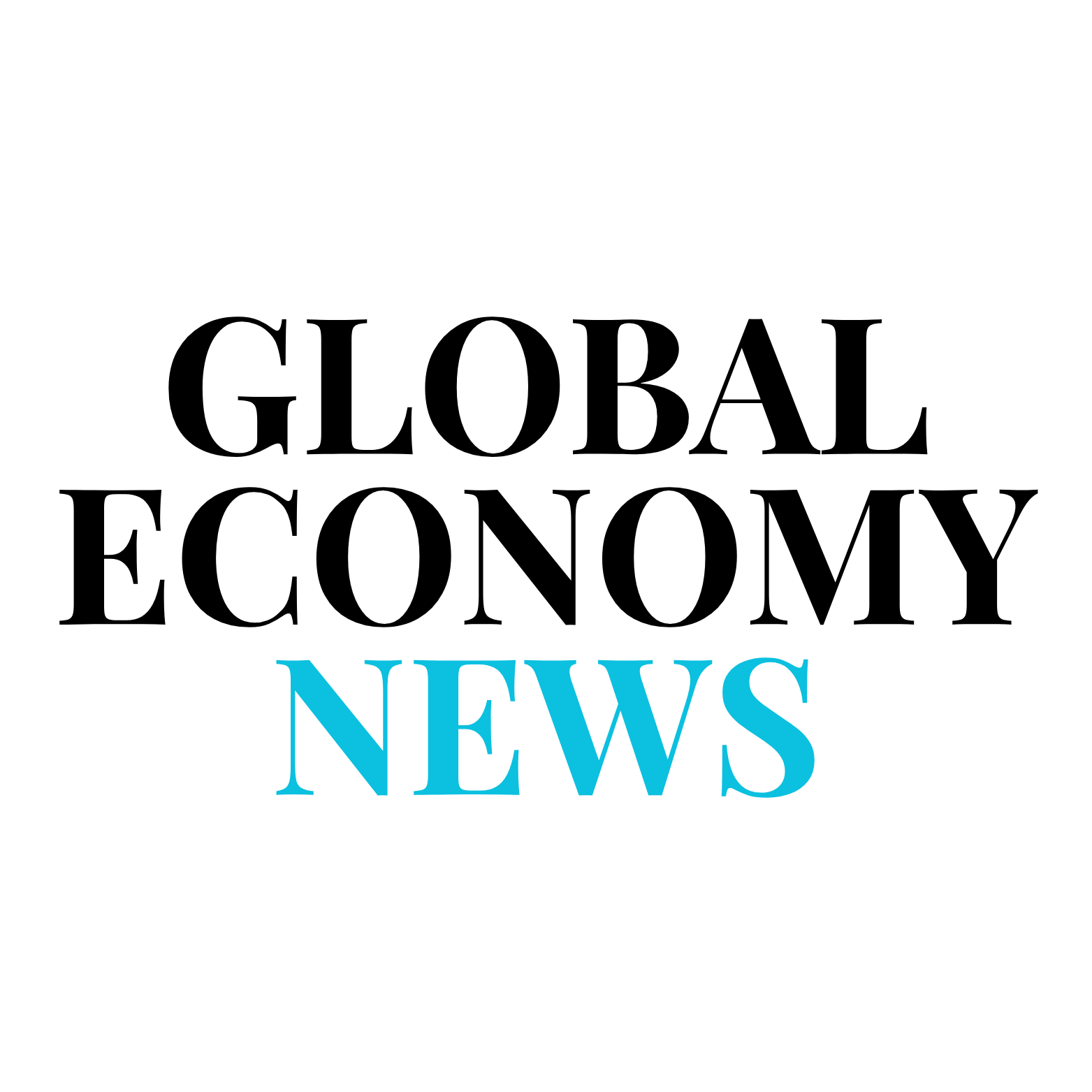EUR News
LAST UPDATE: May 18, 2025
EU Exports to the U.S. Jumped 56% in March
WSJ
In March 2025, the European Union’s exports to the United States surged by 56% compared to the same period a year earlier, driven by a rush to deliver goods before new U.S. tariffs, announced by President Trump, took effect in April. This export spike resulted in a record €37 billion trade surplus in goods for the EU with the U.S. Pharmaceuticals, especially from Ireland where many American drug companies operate manufacturing sites, were the primary contributor to the increase, reflected in the EU’s overall “chemicals” export category. Additionally, exports of food, raw materials, and machinery to the U.S. also rose significantly. This trend parallels the U.S.’s global trade deficit, which reached a record $140.5 billion in March, highlighting a broader pattern of trade imbalances intensified by tariff-related economic activity.
Insight
The significant increase in EU exports to the U.S. ahead of tariff implementations underscores the impact of trade policies on international commerce and the strategic responses by businesses to mitigate potential losses.
Swiss Had Good Exchange With US on Currency, SNB Says
Bloomberg
The Swiss National Bank (SNB) reported a constructive dialogue with the U.S. regarding currency matters. SNB Chief Thomas Jordan emphasized the importance of such exchanges in maintaining financial stability and addressing mutual concerns over currency valuations and market interventions.
Insight
The positive communication between the SNB and U.S. authorities reflects ongoing efforts to coordinate on monetary policies and exchange rate issues, aiming to prevent potential financial market disruptions.
Basel Committee Resists US Pressure to Downplay Climate Risk
Bloomberg
The Basel Committee on Banking Supervision has decided to prioritize the assessment and management of financial risks related to climate change, despite pressure from the U.S. to downplay such risks. The committee plans to release a voluntary disclosure framework for climate-related financial risks to guide national regulators. While the committee lacks enforcement power, its standards strongly influence global banking regulations. The approach largely aligns with European and British regulatory strategies, which have embedded climate considerations into banking supervision. Conversely, the United States, under growing political resistance, has pulled back from several climate-focused initiatives.
Insight
The Basel Committee’s stance highlights a growing divergence in global financial regulatory approaches to climate risk, with Europe pushing for integration of climate considerations, while the U.S. exhibits reluctance, potentially leading to fragmented international standards.
GDP surge gives Rachel Reeves only brief respite from economic challenge
FT
UK Chancellor Rachel Reeves received a short-term boost from a stronger-than-expected 0.7% GDP growth in Q1 2025, driven by a 5.9% rise in business investment and strong exports, particularly to the U.S. However, economists caution that this growth may not be sustainable and could be front-loaded due to companies anticipating new trade barriers from a U.S. trade war. Despite this economic uplift, public finances remain under pressure as government borrowing has consistently exceeded forecasts, casting doubt on Reeves’ fiscal rules and potentially necessitating tax hikes or spending cuts in the autumn Budget.
Insight
The temporary nature of the recent economic upswing offers only limited relief for Reeves as she prepares for challenging fiscal decisions ahead.
Keir Starmer’s popularity sinks to record low in poll
FT
Sir Keir Starmer’s popularity has plummeted to its lowest point according to new YouGov polling, especially among Labour voters. Once enjoying a 62% favorable rating within his party, that number has fallen to 45%, marking his first net negative rating among core supporters. Analysts attribute the decline to Starmer’s shift to the political right, with controversial moves including cuts to international aid, stricter welfare reforms, and new immigration restrictions.
Insight
The decline in Starmer’s popularity reflects internal dissent within the Labour Party and the challenges of balancing policy shifts with maintaining core support.
Polish net inflation at 3.4% y/y in April – c.bank
Reuters
Poland’s central bank reported that net inflation stood at 3.4% year-on-year in April, aligning with market expectations. The data indicates a stabilization in price growth, providing the central bank with room to adjust monetary policy if necessary.
Insight
The stabilization of inflation may influence the central bank’s decisions on interest rates and monetary policy adjustments.
In Poland, a presidential election with European stakes
Barron’s
Poland’s upcoming presidential election is seen as a critical test for the pro-European Union government. The outcome could influence the country’s future relationship with the EU and its stance on democratic values. The election pits pro-EU candidates against nationalist contenders, reflecting broader tensions within the EU regarding governance and integration.
Insight
The election’s results may have significant implications for Poland’s role in the EU and the bloc’s cohesion.
EU tech chief urges US cooperation as key decisions near
Barron’s
EU digital policy chief Henna Virkkunen on Friday urged closer cooperation between the United States and Europe on tech regulation as Brussels prepares to implement new digital rules. The call for collaboration aims to align regulatory approaches and address shared challenges in the digital space.
Insight
Strengthening EU-US cooperation on tech regulation could lead to more harmonized policies and address global digital challenges effectively.
SNB does not rule out possibility of negative rates
Reuters
Swiss National Bank Chairman Martin Schlegel stated that the central bank could reintroduce negative interest rates if necessary to maintain price stability, despite the current rate being at 0.25%.
Insight
The SNB’s openness to negative rates reflects concerns over low inflation and the strong Swiss franc, which could impact export competitiveness. This stance indicates a readiness to employ unconventional monetary tools to support the economy.

